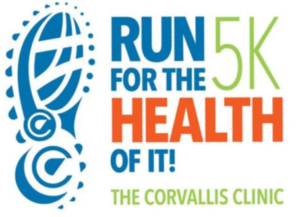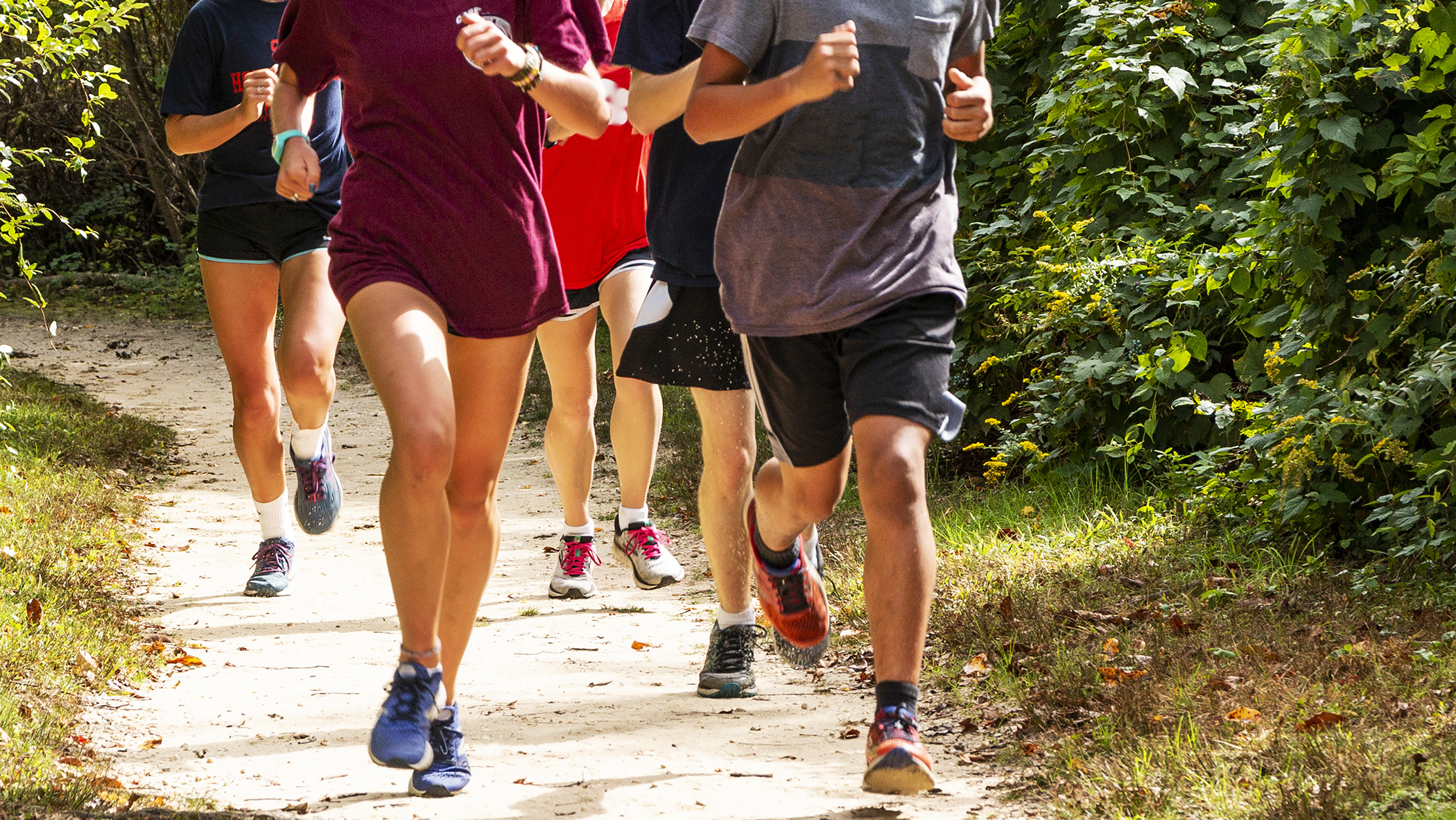If you are committed to running a 5K, such as our annual Run for the Health of It! 5K, you’ve likely started the training process or are looking to get started. While exercising is key to preparing your body for the run, so is a proper diet! What you feed your body will heavily influence your ability to finish the race strong. Sustaining your body is going to be key to your success and longevity as a runner.
Getting the Correct Macronutrients
Three macronutrients are essential for any athlete or exercising individual:
- Carbohydrates
- Protein
- Fat
Getting the right balance of quality carbs, proteins, and fats will help optimize your overall performance. Too much or too little can mean a slowdown, which won’t benefit you. Here’s what you should plan on when it comes to your intake of these major macronutrients.
- Protein: An essential component in your body, protein helps you build and repair muscle, which is important when training for a 5K. Plan on eating approximately 0.5 grams of protein per pound of your body weight, and that should be enough to sustain you. Your ideal protein options are lean proteins, such as lean beef, poultry, and fish.
- Carbohydrates: We’ve pretty much all heard the term “Carb-Loading” from athletes and gym rats alike. Runners, especially, typically steer toward eating many carbs to sustain their energy. However, if you’re training for a 5K, you don’t need an enormous boost in carbs. Try to keep your daily carbohydrate intake to approximately 2.5 grams per pound of your body weight. Additionally, you’ll want to opt for whole grains where possible, such as sweet potatoes, squash, brown rice, and quinoa.
- Fats: Not all fat is bad for your body. In fact, unsaturated fats provide vitamin absorption support, and some can even help reduce inflammation and help you recover. Great examples of healthy fatty foods to include in your diet include salmon, nuts, and avocado.
Nutrients to Start Incorporating in Your Diet
Getting a good mix of vitamins and minerals in your diet is also important in training for a 5K. While taking supplements is fine, the best way to ensure absorption of vitamins and minerals is to eat foods that are high in them! Specific nutrients to add to your diet include:
- B Vitamins: A complex B vitamin supplement can help restore your energy levels. If you are abnormally tired with every run, the chances are high that you need more vitamin B in your diet. The best way to get vitamin B through foods is by consuming nuts, fortified whole grains, and animal products.
- Calcium: Calcium helps support your muscle function and bone health. Dairy products tend to provide a decent amount. Still, leafy greens and canned fish actually can offer a fair amount as well!
- Iron: While iron is essential to all, it’s vital for runners in the Pacific Northwest and to those runners who choose to eat a vegetarian diet. Red meats, lentils, and leafy greens are typically excellent sources of iron.
Talk to Your Medical Provider
If you intend to continue running as a lifestyle, consider consulting with a nutritionist to help tailor an eating plan to your needs. You’ll also want to keep up on your annual physicals to ensure you aren’t causing any damage to your body over time.
Talk with your medical provider if you have specific dietary restrictions or are concerned about preparing for your upcoming 5K run due to a medical diagnosis. Every person is different, and what your body requires could look very different than someone else.
 We hope you can join The Corvallis Clinic’s 3rd annual Run for the Health of It 5K!
We hope you can join The Corvallis Clinic’s 3rd annual Run for the Health of It 5K!
When: Saturday, October 2nd, 2021 – 8:30 AM
Where: The Corvallis Clinic Asbury Building, 3680 NW Samaritan Dr., Corvallis
Learn more and register online at corvallisclinic.com/race. All proceeds will benefit local high school athletic departments.

